1. Skipping Handwashing
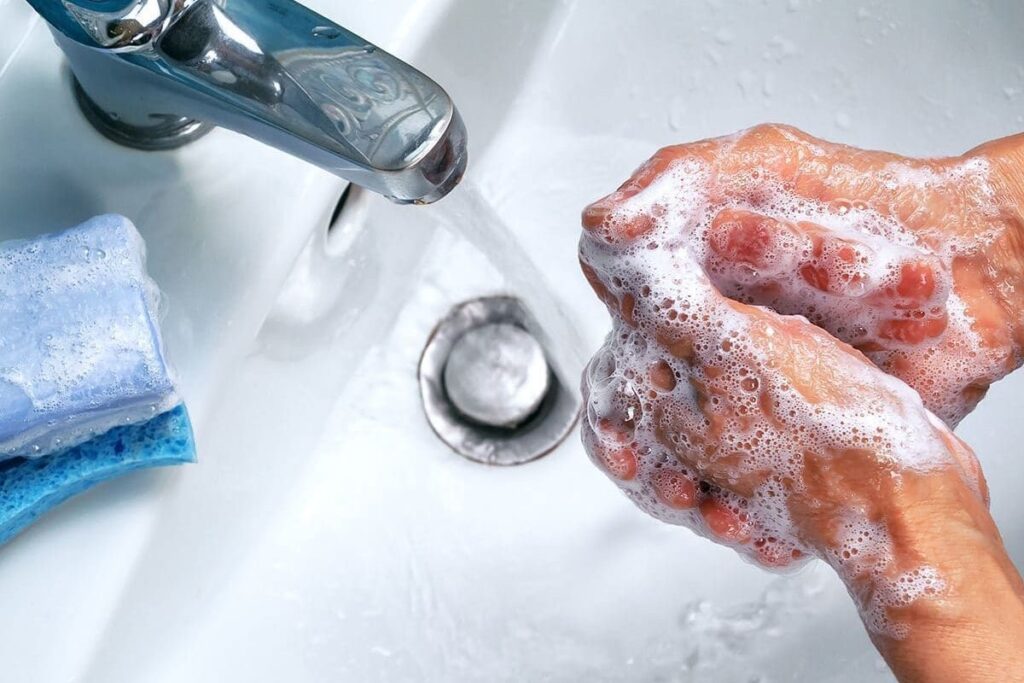
It is easy to think we wash our hands enough until we notice the small moments when we forget. Since the kitchen feels familiar, we sometimes move from one task to another without stopping to clean up. That simple habit can quietly invite bacteria into meals we prepare with good intentions. Starting with clean hands sets a peaceful tone and reminds us that safety begins long before ingredients touch the pan. This gentle shift shapes the rest of your routine and creates a kitchen rhythm that supports everyone who sits at your table.
2. Using One Cutting Board for Everything
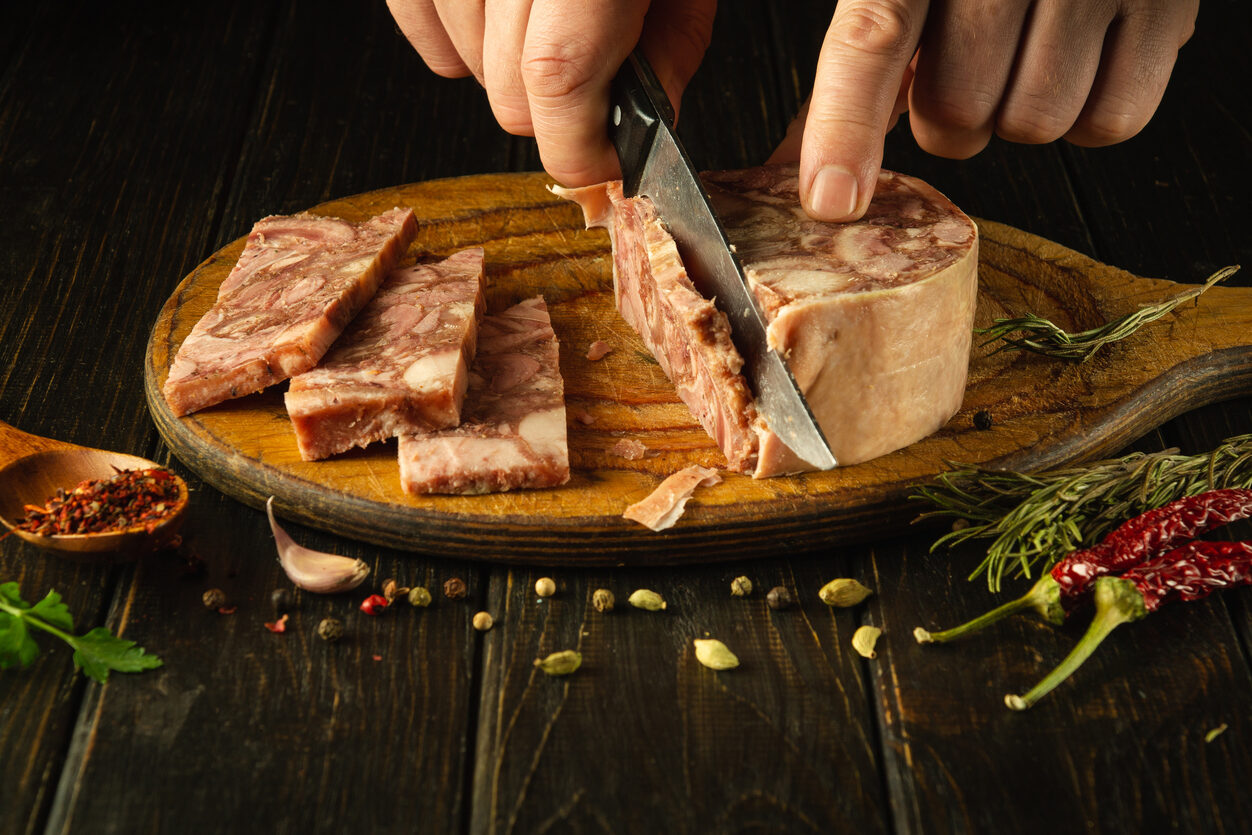
Sometimes we grab the closest cutting board without thinking about what was on it last. Raw meat, fresh vegetables and cooked foods each need their own clean space, but when everything happens quickly it is easy to mix things up. This small habit often leads to germs moving where they should not. Keeping separate boards for different ingredients helps protect meals and simplifies cleanup. It removes worry from your cooking flow and keeps tasks clear and easy to repeat. Little choices like this create a kitchen where safety grows naturally.
3. Leaving Food Out Too Long

Busy days make it simple to forget how long something has been sitting on the counter. Whether we are chatting, cooking multiple things at once or simply enjoying the moment, time slips by faster than we expect. Warm environments allow bacteria to grow quickly, even when food still looks fine. Storing dishes promptly keeps meals safer and reduces those anxious second guesses later. It also maintains a calm rhythm in your kitchen, helping you avoid extra stress. Building this habit supports everything around it and makes food handling easier to manage.
4. Ignoring Expiration Dates
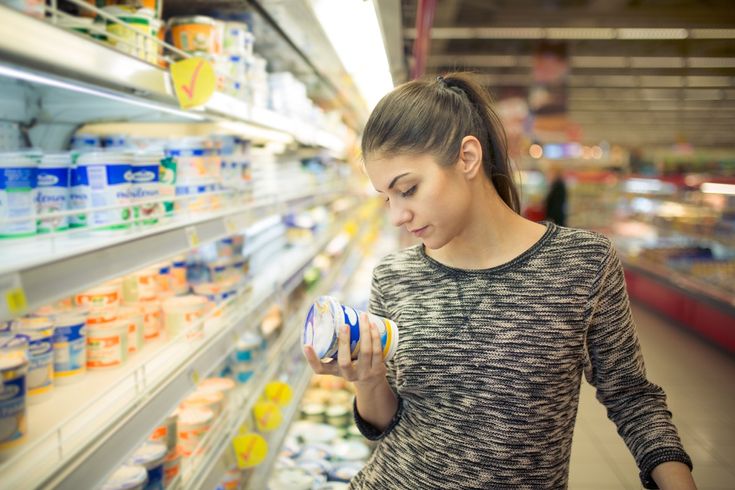
Many people trust their eyes and noses more than the tiny printed dates on packages, but those labels often guide us long before anything seems wrong. When schedules are busy, we sometimes push ingredients further than we should, hoping they are still safe. Expiration dates help keep meals predictable and reduce the chance of unexpected spoilage. Checking them once in a while keeps your fridge organized and protects your meals from unnecessary risks. It also helps you plan better, saving time and reducing waste during the week.
5. Tasting Food to Check Freshness
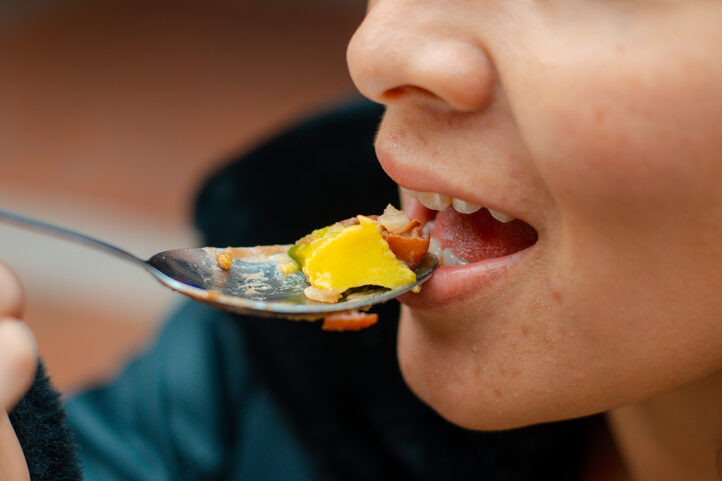
It is natural to think a tiny taste will help us decide if something is still good, especially when we are unsure. But harmful bacteria do not always change the smell, taste or appearance of food. By the time something tastes odd, it may already be unsafe. Choosing not to taste questionable leftovers protects you from unnecessary illness and keeps your kitchen routine grounded in safety instead of guesswork. Trusting clear signs rather than risky habits helps ease decision making and brings more confidence to your everyday cooking moments.
6. Washing Raw Chicken
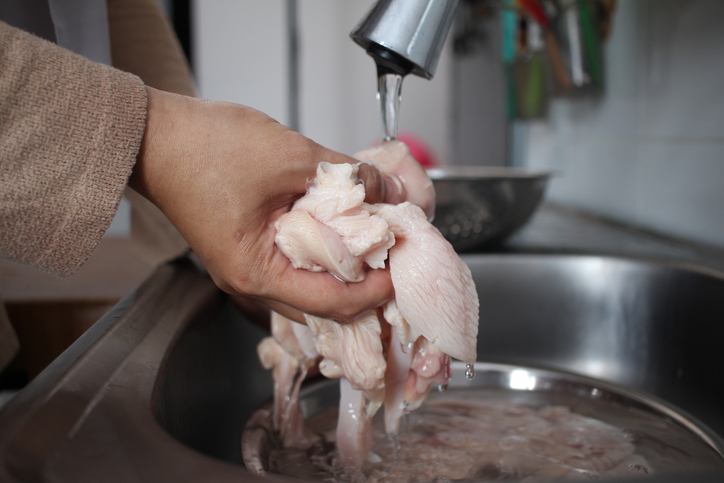
Many people grew up rinsing raw chicken because it felt like the cleaner option, but that splash of water can send germs across countertops, sinks and nearby items. Even when the water looks harmless, tiny droplets spread farther than expected. Cooking chicken thoroughly is what makes it safe, not washing it beforehand. Skipping the rinse keeps your kitchen cleaner and reduces invisible messes that create extra work later. It also helps simplify meal preparation and builds a safer rhythm without adding extra steps.
7. Reheating Leftovers Lightly
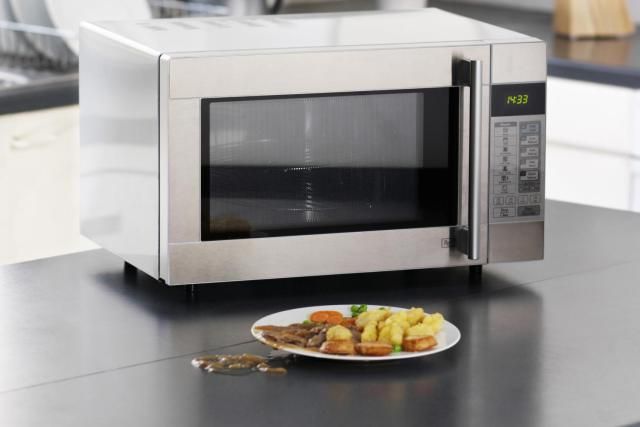
Leftovers make life easier, but warming them lightly can leave parts of the meal cooler than they should be. When food heats unevenly, bacteria that survived the first cooking may remain active without giving any clear warning. It is tempting to rush the process on busy days, yet taking time to stir, reheat fully and check for consistent warmth protects your meal. This simple habit brings confidence back into your routine and keeps meals enjoyable. Paying attention to temperature helps leftovers taste better and keeps your kitchen rhythm steady, safe and nourishing for you.
8. Forgetting to Clean the Fridge
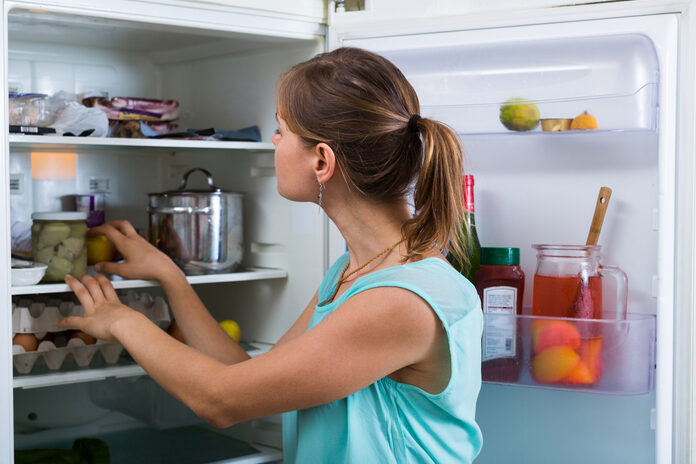
The fridge often feels like a safe zone, but unnoticed spills, aging produce and forgotten containers can quietly affect everything stored around them. Life gets busy, and cleaning the fridge can slip to the bottom of the list, yet regular upkeep prevents germs from spreading. Wiping shelves, checking containers and removing old items helps keep food safer and reduces unwanted odors. This simple routine makes cooking easier because you can find ingredients quickly and trust what you see. A clean fridge creates a calmer, more welcoming kitchen environment.
9. Keeping Sponges Too Long
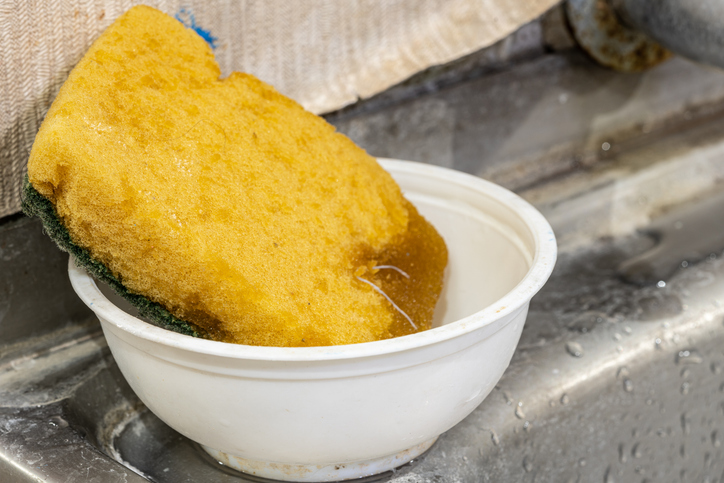
Sponges work hard every day, soaking up water, food bits and tiny particles from dishes and countertops. With so much use, they often hold more germs than we imagine. When sponges stay damp, bacteria multiply quickly and spread to whatever they touch next. Replacing them often or rotating a few at a time helps maintain cleaner surfaces without extra effort. A fresh sponge lifts the mood of your kitchen and keeps your cleaning routine feeling lighter. Small swaps like this can make a meaningful difference.
10. Placing Raw Meat on High Shelves

After grocery shopping, it is tempting to place items wherever there is space, especially when you want to unload everything quickly. Raw meat stored on upper shelves can drip onto foods below without you noticing, creating hidden risks. Placing meat on the bottom shelf keeps juices contained and protects foods ready to eat. This simple shift makes your fridge feel safer and more organized. It also reduces stress during cooking because you know your ingredients were stored properly from the start.
11. Using One Towel for All Tasks
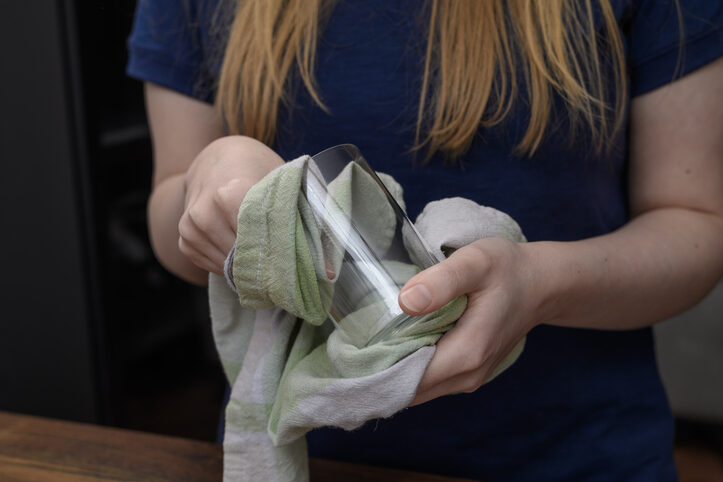
Cloth towels feel comfortable and convenient, but once they collect moisture from spills or hands, they quickly become a place where germs can grow. Reusing the same towel for multiple tasks spreads those germs across surfaces without you realizing it. Keeping a few clean towels on hand or designating different towels for different tasks helps maintain a safer kitchen environment. It also keeps your space feeling fresher and more intentional. Small choices like this create healthier habits that are easy to maintain.
12. Ignoring Strange Fridge Smells
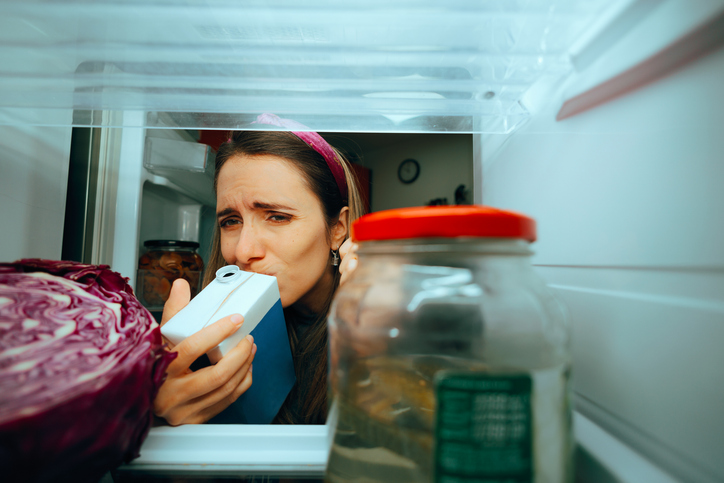
When a faint smell hits your nose, it is easy to hope it fades on its own, especially when the fridge looks mostly fine. But odors often signal that something inside is spoiling or leaking onto other foods. Addressing it quickly protects everything stored nearby and prevents hidden problems from spreading. Paying attention to these small signs strengthens your routine and keeps your kitchen welcoming. It gently reminds you that caring for food safety is simply caring for yourself and the people you feed. This awareness naturally brings your whole kitchen rhythm together.
This story 12 Kitchen Habits That Make Food Poisoning More Likely was first published on Daily FETCH


